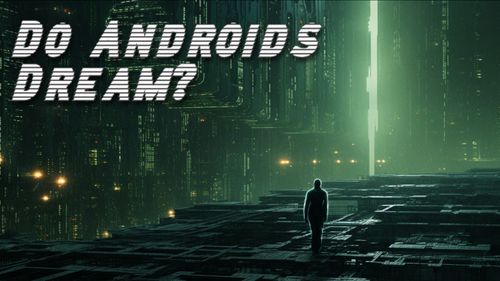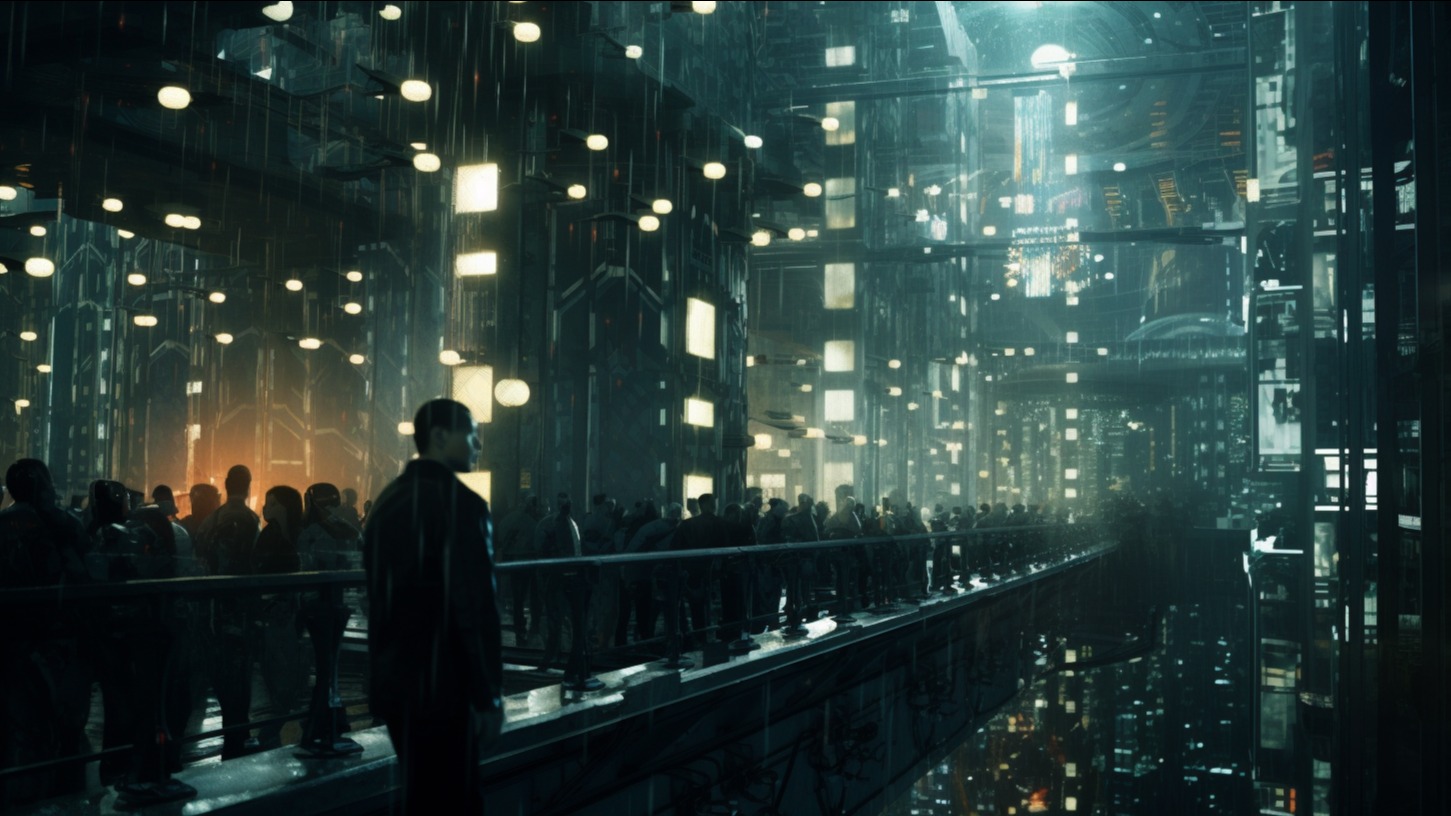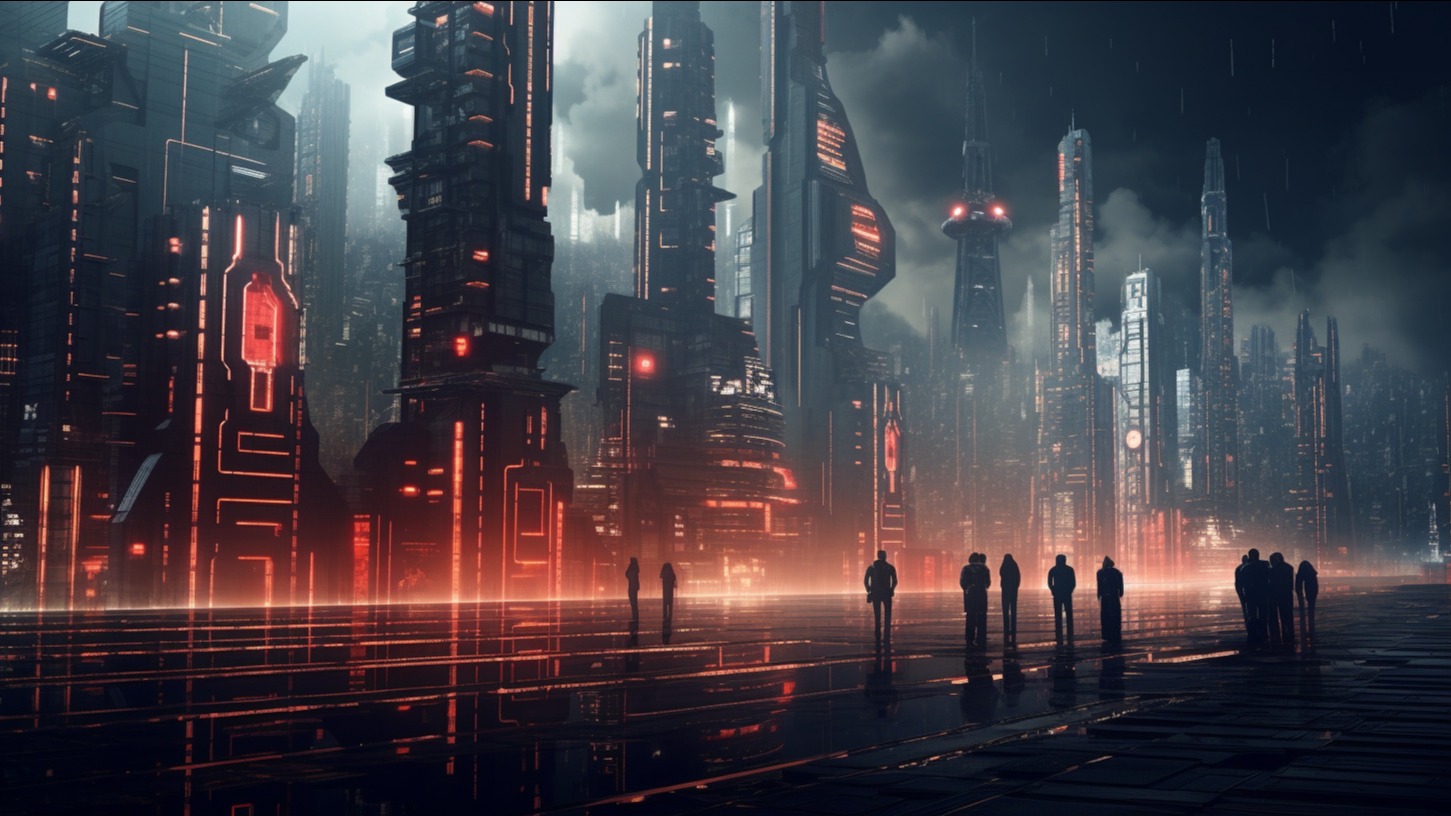‘Do Androids Dream of Electric Sheep?' A Quick Summary & Analysis
Dec 06, 2023 · 2 mins read
0
Share

Philip K. Dick’s 1968 sci-fi novel ‘Do Androids Dream of Electric Sheep?' is a cult classic that spawned the hit film Bladerunner. Ever heard the name and wondered ‘What’s all the fuss about?’ Here’s your primer in a nutshell…
Save
Share
In a post-apocalyptic world, bounty hunter Rick Deckard hunts rogue androids. To tell them apart from humans, he conducts an empathy test. Through this simple premise, Dick delves into the blurred lines between humans and machines, questioning what defines life.
Save
Share
The novel explores Mercerism, a religion centered on empathy and connection, contrasted against the androids' lack of empathy. It questions reality through the use of mood-altering technology, like the empathy box that links people’s emotions.
Save
Share
Deckard once owned a sheep which died of tetanus. His decision to replace it with an electric replica symbolizes artificiality and societal pressure for material possessions. The quest for a real animal reflects the desire for authenticity in a world of artificiality.

Save
Share
Dick examines the morality of owning and killing living beings, real or artificial, while exploring the value of life and its commodification. This is a major theme in the book: the role empathy plays in differentiating between beings.
Save
Share
The androids mimic human behavior but lack genuine emotions, highlighting the complexity of emotions as a defining human trait. Again, the blurred lines between real and artificial challenge traditional notions of humanity.
Save
Share
The dystopian setting reflects a desolate Earth post-World War Terminus, where radioactive dust threatens survival. It sets a bleak backdrop against the search for meaning and connection.
Save
Share
Deckard's encounters with androids like Rachael Rosen blur his perception of reality, raising philosophical questions about identity, memory, and manipulation.

Save
Share
The exploration of ethical dilemmas and existential crises in a world grappling with technology raises profound questions about humanity's essence and empathy's significance.
Save
Share
Ultimately, the novel contemplates the fragility of identity in a world where memory can be manipulated, posing challenges to self-perception and truth – bringing the human condition itself into question.
Save
Share
0